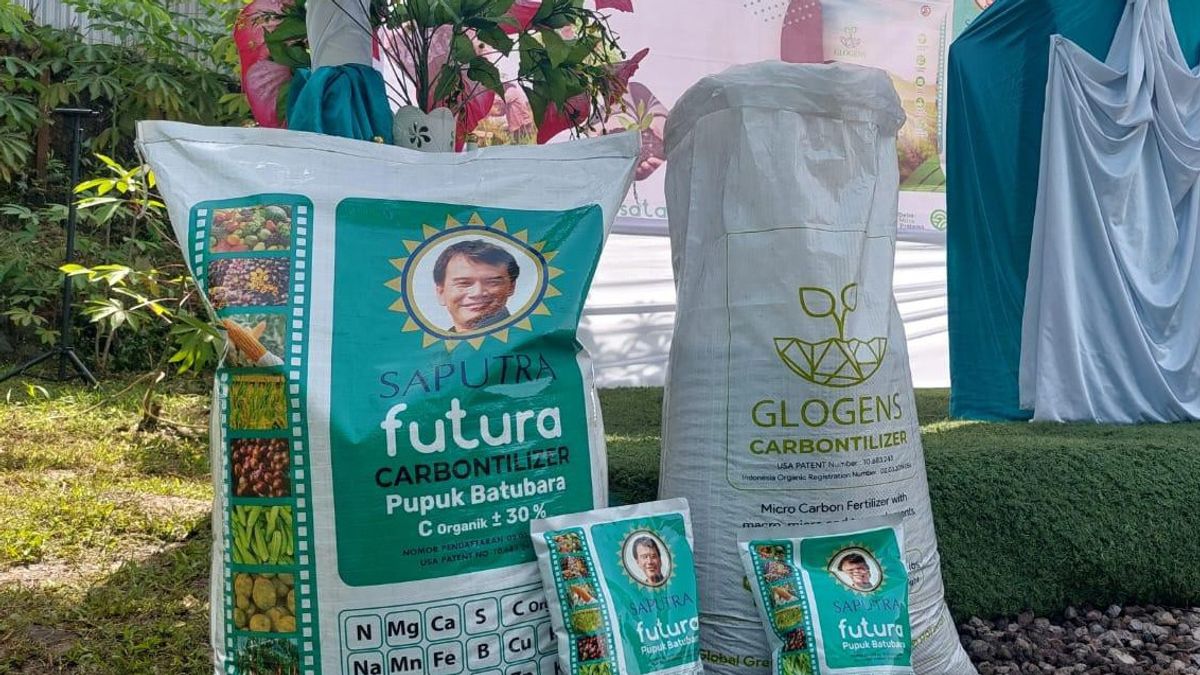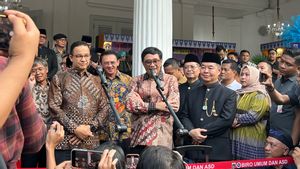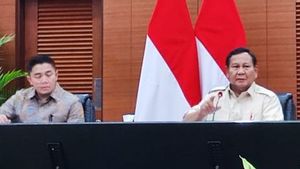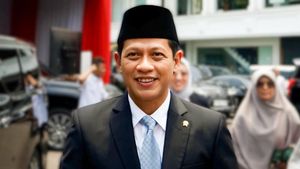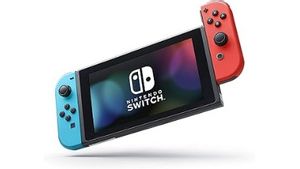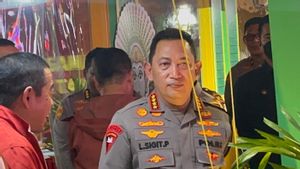JAKARTA - Good news comes from the national fertilizer industry. Coal fertilizer by R. Umar Hasan Saputra was officially exported to the United States on Wednesday, February 9.
As previously reported, coal fertilizer made by this nation's children has received a patent from the United States government in 2020. Until now, the use of this fertilizer on various plants has been tried in the United States, and the results are very positive.
Especially for the sake of developing science and technology, in-depth scientific research on corn and soybeans is currently being carried out by a research team at Purdue University.
With these exports, coal fertilizer has entered the United States agricultural industrial market. In contrast to Indonesia which has the Futura trademark, the trademark for this fertilizer in the United States is Glogens Carbontilizer.
Ade R Dermawan, an owner of an oil palm plantation who is a member of the Indonesian Palm Oil Farmers Association (Apkasindo) regarding coal fertilizer, said that if his agricultural production is the same as ordinary fertilizer, his party will continue to use coal fertilizer because the fertility of the plantation land has improved.
"Thus we have done something to improve this earth," said Ade, in a written statement.
Ade's trial results on the use of coal fertilizers were quite surprising. It turned out that there was an average increase in the production of oil palm fruit bunches by 27 percent.
According to R. Umar Hasan Saputra, the increase in production and quality improvement are the advantages of coal fertilizer.
"An increase in production or an increase in the quality of crop yields is a bonus. This will certainly happen in all commodities, because what we are doing is providing very complete nutrients for plants and improving soil fertility," said Saputra.
H Ayep Zaki, General Chairperson of the National Prayer Communication Forum (FKDB) as well as the construction partner of the first coal fertilizer factory, in Sukabumi, said this export to the United States is a milestone, because coal fertilizer made by the nation's children has been recognized worldwide and used in one of the world's agricultural centers.
"The United States has used it, Indonesia will follow," said Ayep Zaki.
Development of coal fertilizer in Indonesia
Apart from Sukabumi, another factory that is currently established is located in Klaten and partnered with PT Casagro Futura Pratama.
Vito Tjahyadi, President Director and Founder of Casagro Group, stated that his company's partnership in building the Futura coal fertilizer plant was because the results were very satisfactory.
"Before deciding to partner, we have assessed the results of their research on rice and secondary crops using coal fertilizer, the results are very satisfactory," said Vito.
The availability of conventional fertilizer raw materials in the world is decreasing and will run out, making this type of fertilizer scarce and expensive. Various countries have realized that the global shortage of fertilizer supply will disrupt the world's food supply. This is where coal fertilizer will be the solution for all.
According to Saputra, to overcome the problems above, the world community has no other choice. They have to use coal fertilizer.
"Coal deposits that can be used as raw material for fertilizers are very large and spread in many countries. This is because almost all types of coal can be used, regardless of the calorific value," said Saputra.
"Even coal that cannot be sold as an energy source can be used as raw material for fertilizers. Therefore, for a very long time, the shortage of supply due to shortages of raw materials as experienced by conventional fertilizers will not occur in coal fertilizers," Saputra explained.
Another advantage is that besides having a very complete nutrient content needed by plants and restoring soil fertility, this fertilizer can also be made quickly and massively at an affordable price.
The United States is just one of the countries that have started using coal fertilizers. It will even build its first factory in Nevada by the end of this year.
Through his companies PT Bursatani Global Niaga and PT Saputra Global Harvest, R. Umar Hasan Saputra has also collaborated with various parties to develop this fertilizer worldwide.
From the results of this collaboration, in addition to the US, this year also plans to build factories in various countries, such as Vietnam, Australia, Turkey, Kuwait and Malawi in Africa.
The English, Chinese, Japanese, Arabic, and French versions are automatically generated by the AI. So there may still be inaccuracies in translating, please always see Indonesian as our main language. (system supported by DigitalSiber.id)
